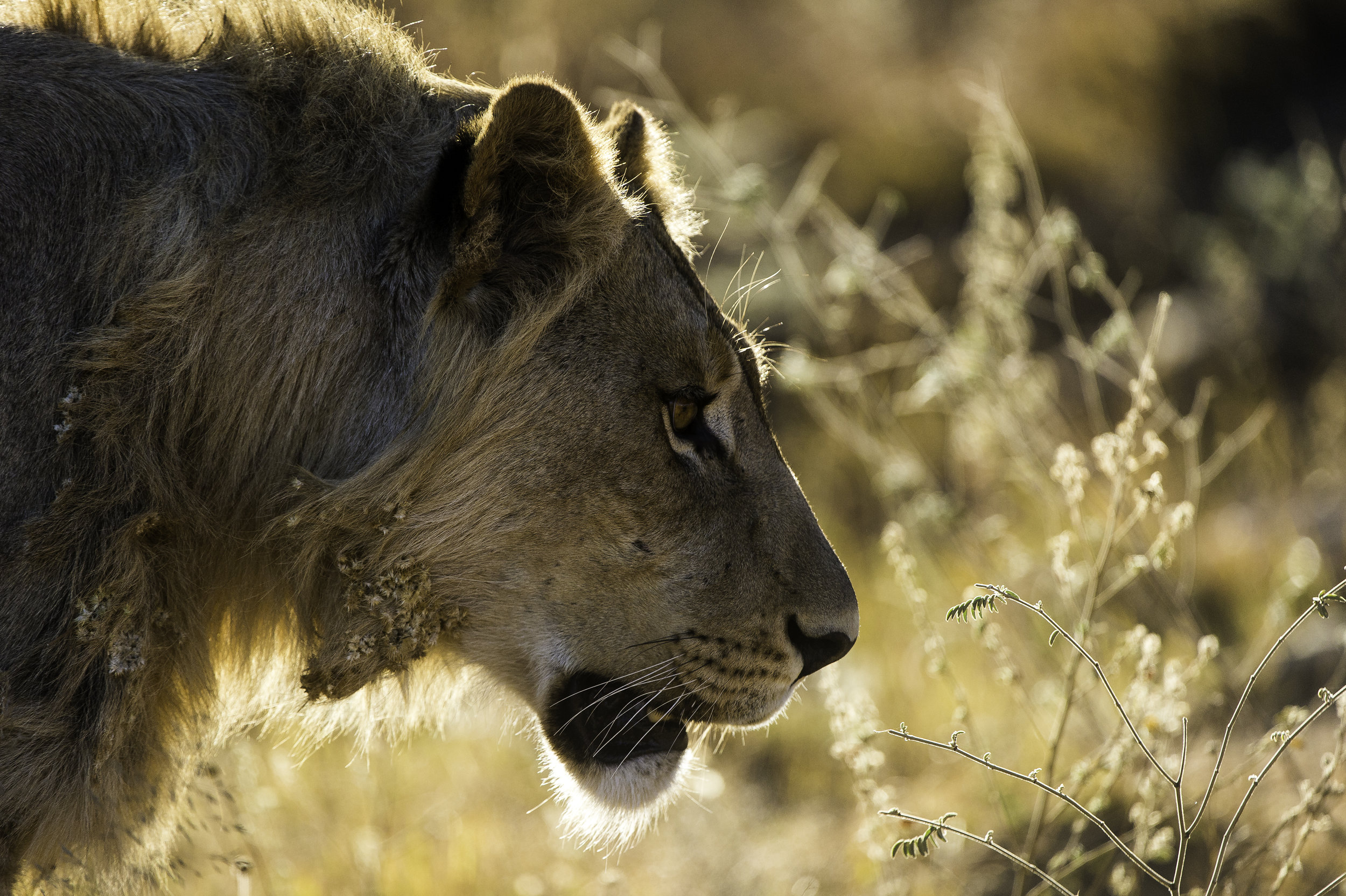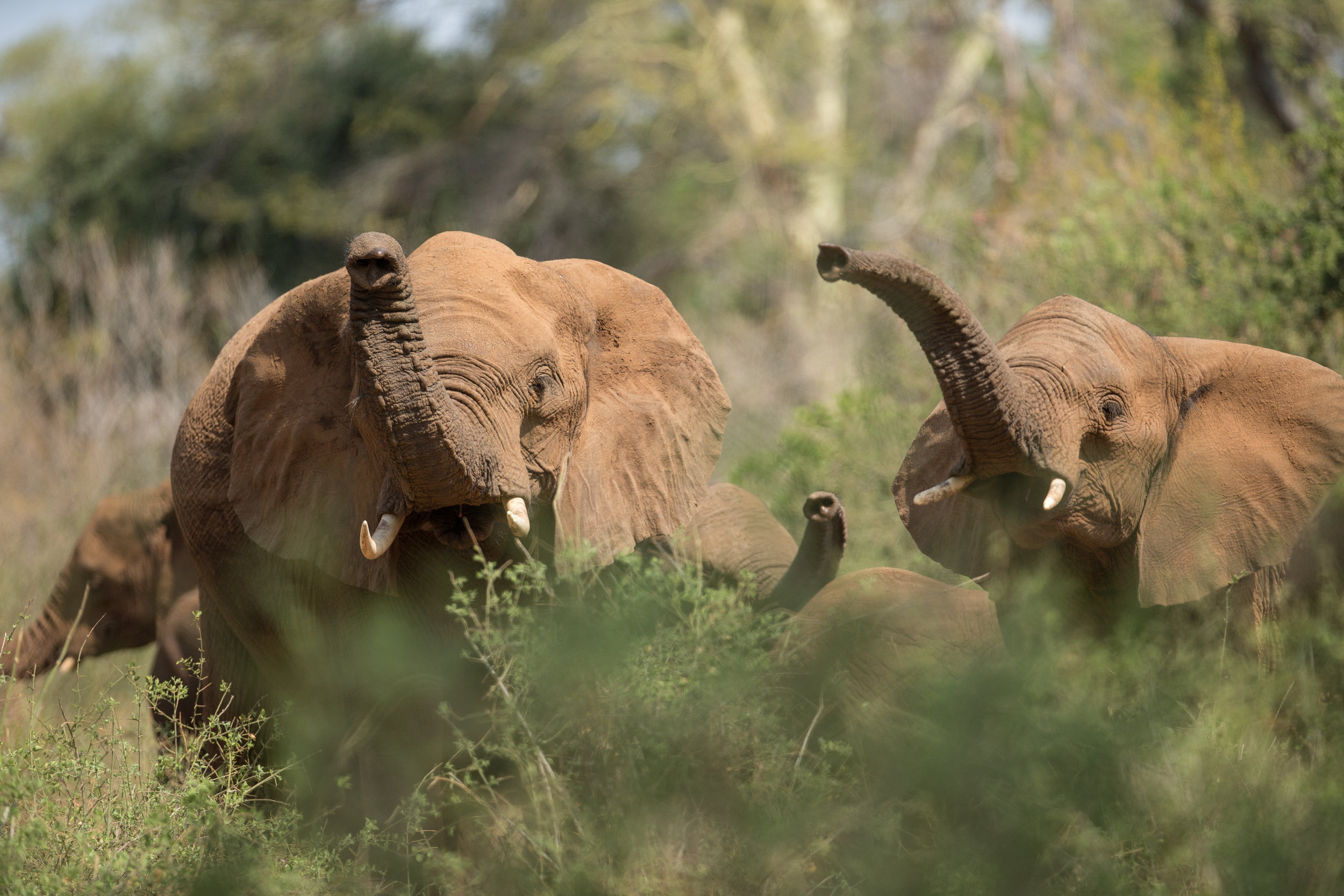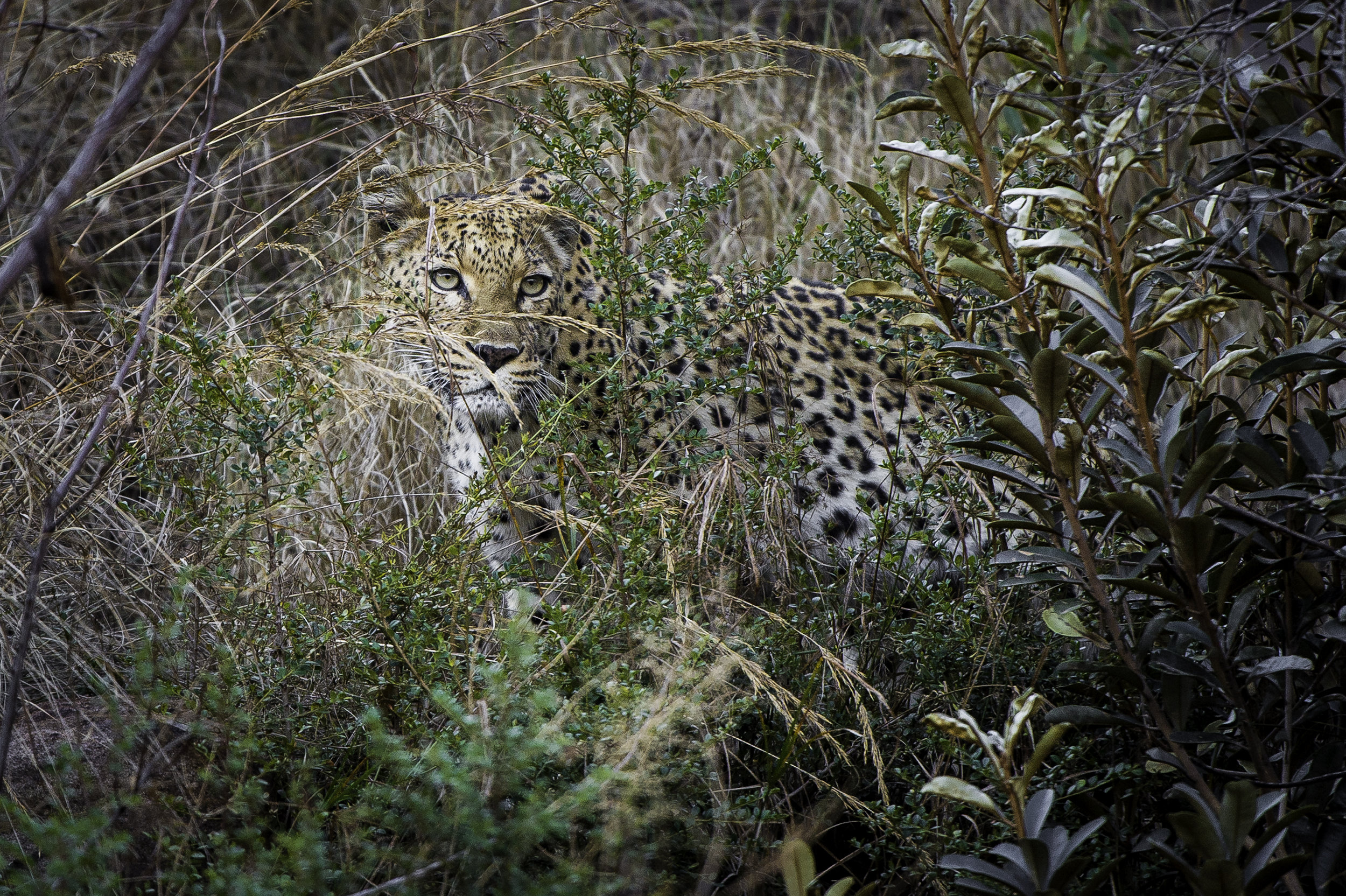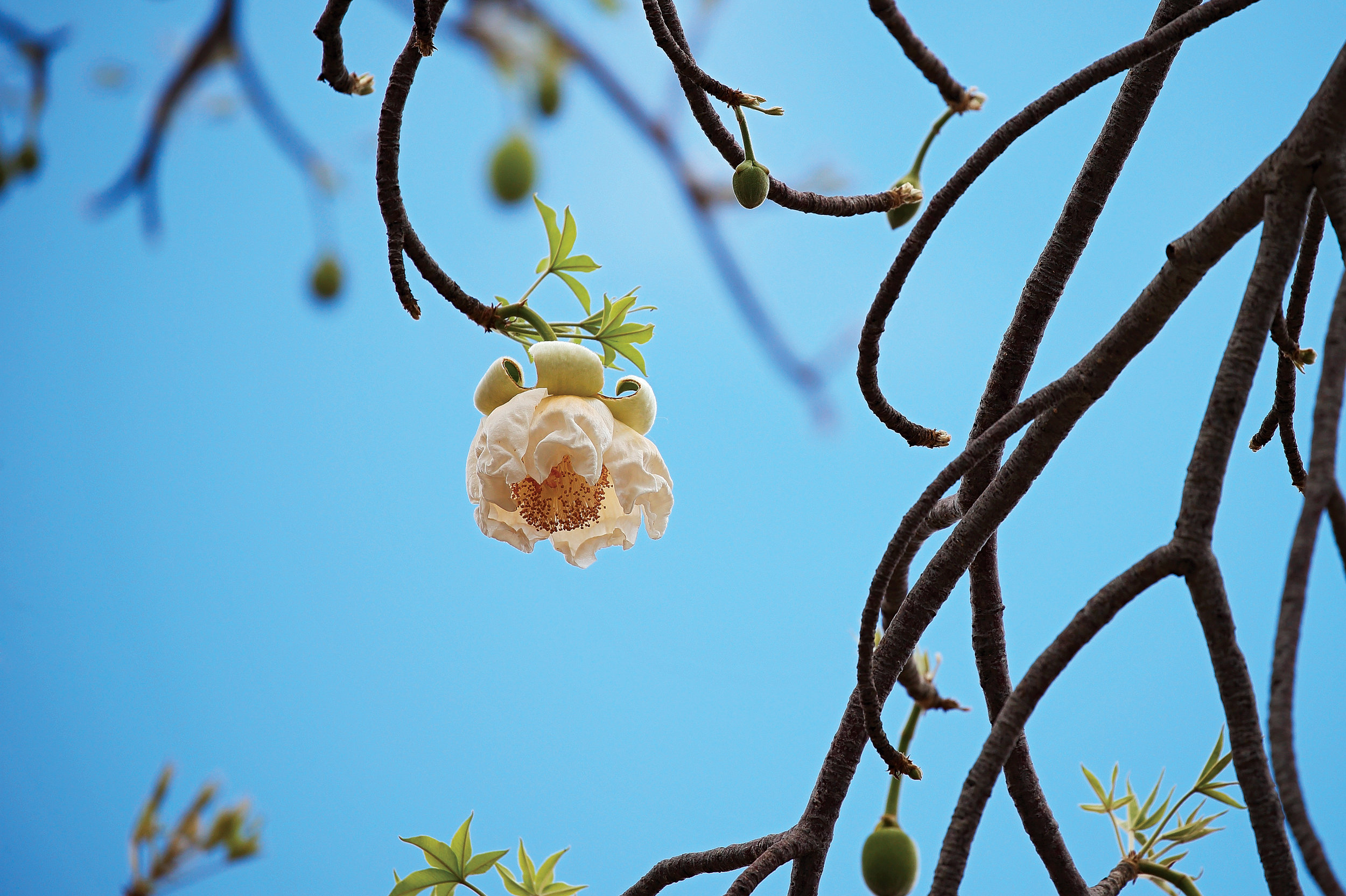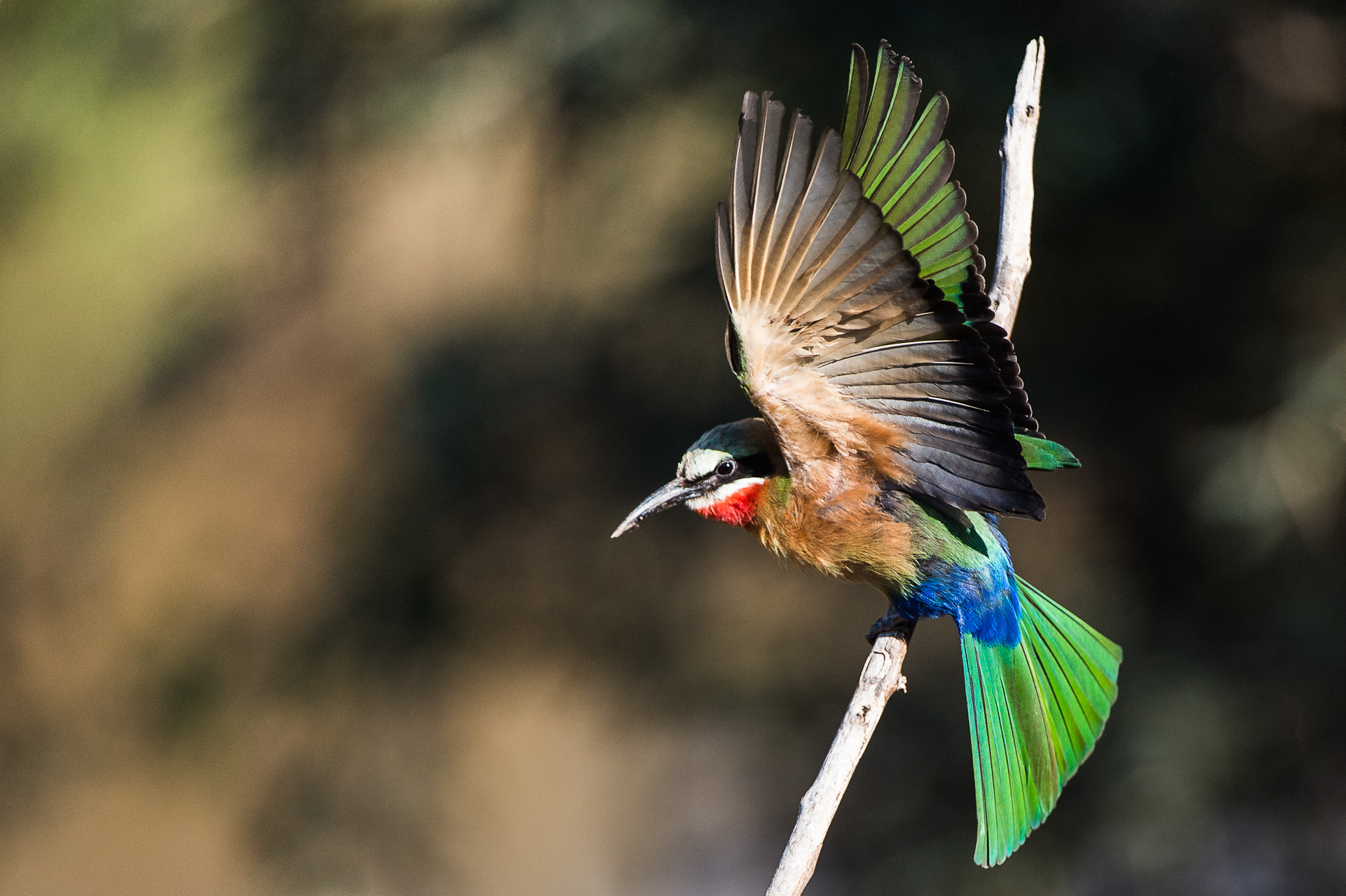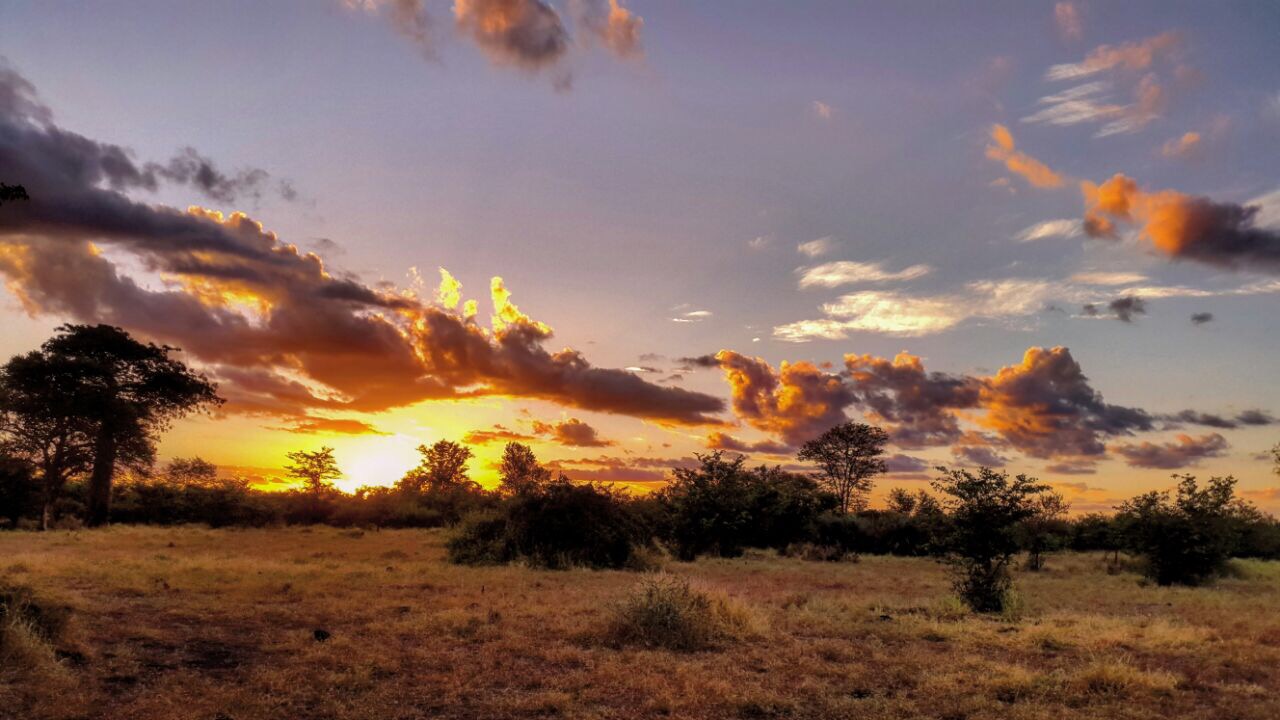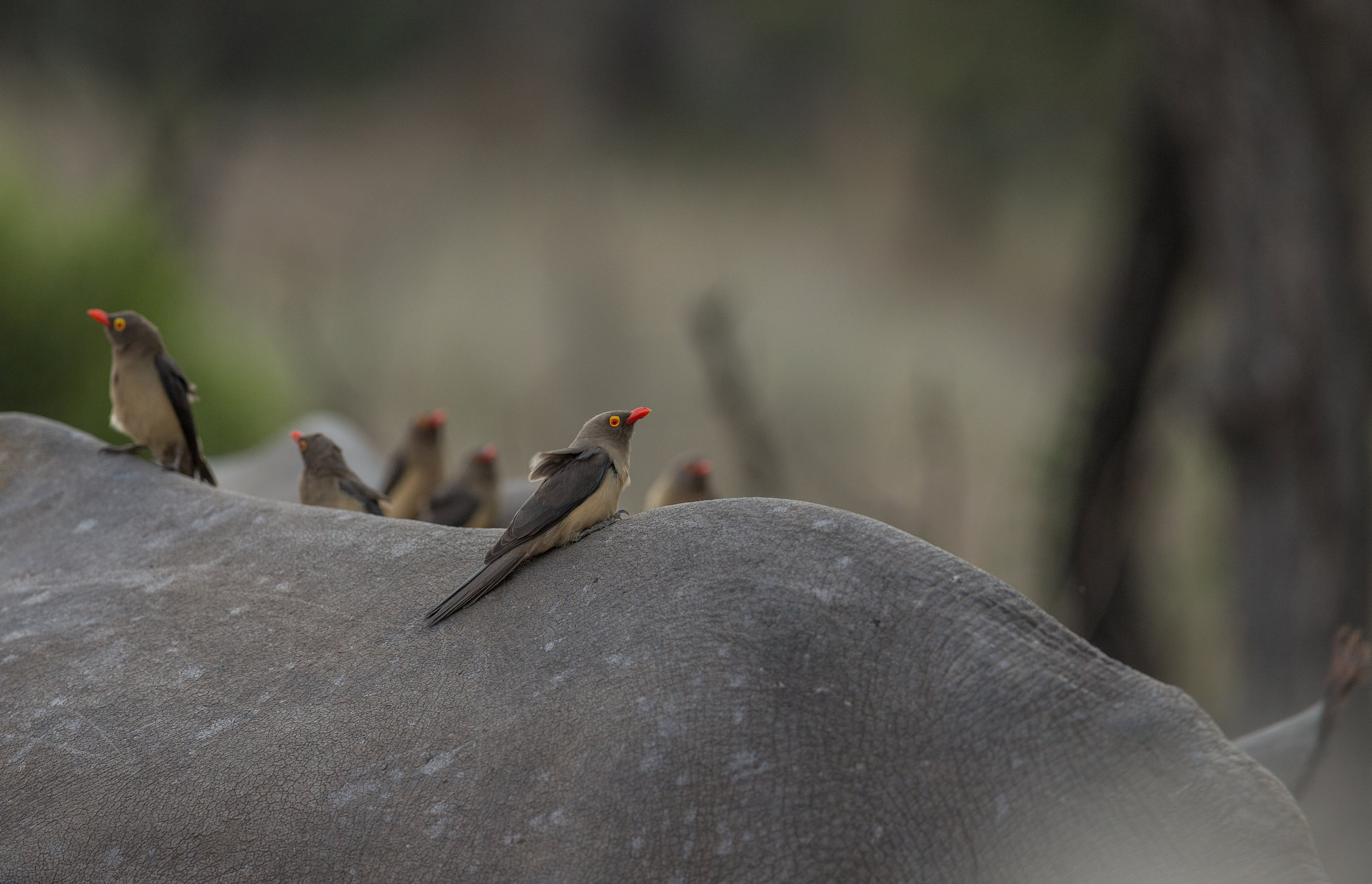The number one thing to pack before heading out on safari? Undoubtedly, your camera. Visiting the African bush is a magical experience and there will be countless moments that you will want to capture but don’t be intimidated by the fancy cameras and massive lenses that you may have seen before – a compact camera or smartphone can do the trick too. While we can’t promise you a winning shot, we can give you a few basic tips and tricks that will help you capture your safari experience as best as possible.
1. Know your camera
Understanding how your camera or smartphone works before you head off on your safari may seem like a simple concept but it is an incredibly important one. The bush waits for no one and spending time learning the ins and outs of your camera’s capabilities ahead of your trip will ensure that you don’t miss any of the spectacular moments that await you – many of which can pass in the blink of an eye.
2. Don’t dismiss your smartphone
Today’s smartphones, like the Samsung Galaxy S8 and iPhone 7, are so well equipped and loaded with features that make them truly powerful when it comes to photography. With faster processors, higher resolution displays and clever dual rear camera setups, they are capable of delivering photos that can directly compete with most point and shoot cameras. And with the right editing apps, you will be well on your way to taking the perfect shot – we love ColorStory, VSCO, Afterlight and Snapseed for basic editing.
3. Be ready
Unless you have years of wildlife photography experience, it can be tricky to capture animals in the wild. Sightings can be fleeting and often animals will turn their backs on you once they have spotted your vehicle. So be ready! If your camera is switched on and ready to shoot at the touch of a button, you’ll be best prepared to get the shot before your subject scurries off.
4. Beyond the animal
With all the incredible wildlife there is to see on safari, one can easily forget to take in the amazing landscapes, flora and fauna and beautiful sunsets that the African bush has to offer. Don’t forget to look for opportunities to capture the surroundings even if there is not an animal in sight. A walking safari is also a great chance to see the bush from a different perspective and our expert field guides will help you identify unique flora and point out paw prints and tracks you may have missed from a vehicle.
5. Lighting is key
You’ll find that the best times of day to shoot are during your early morning game drive when the light is soft and beautiful and during the early evening, when the sun gets low and the much talked about ‘golden hour’ presents itself. However, poor light does not mean you should be packing away your camera. If you understand your camera you can learn to adapt to challenging lighting and can capture some wonderful shots during the day and as the light disappears (keep an eye out for silhouette opportunities!).
6. Think about angles
Always aim to capture your subject on their level, preferably eye level or below. This will help create the sense that you are are part of the environment and not removed from it. The lower you can get, the better!
7. Learn to compose
Composition is so important and we always stand by the ‘rule of thirds’ principle. Break your frame into thirds both vertically and horizontally and place subjects near those lines rather that slap bang in the middle and draw the eye in by aiming to get your subject moving or facing towards the centre of the frame.
8. Patience is a virtue.
Patience is key in the bush, you are often ruled by the clock of your subject. Wait it out. Wait for that lion to get up and move on, wait for the bird to stretch its wings and fly, wait for those moments. It will be worth it!
9. Look to the sky
Africa’s birdlife is equally as special as its four legged animals, so don’t forget to turn your eyes to the sky to capture the fascinating birds you’ll find perched in trees and soaring in flight. Leopards also often hide in trees during the day too, so keep your eyes peeled!







